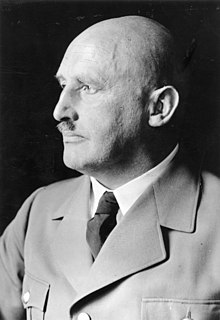A Quote by Mark Carney
Just as any revolution eats its children, unchecked market fundamentalism can devour the social capital essential for the long-term dynamism of capitalism itself.
Related Quotes
What type of new economical system can organize this system? There is another sector in our life, that we rely on every single day, that are absolutely essential: the social commons, the social economy. It is all the activity we engage in to create social capital. It doesn't create capital market. Social commons is growing faster than the market place. It is growing faster than the market place. The social commons include any activity that is deeply social and collaborative.
In our society competitive capitalism has put family life and working life on a collision course.In Canada statistics show that over 70 percent of the burden of caring for children, the aged, the disabled and the sick falls on women most of whom receive no pay for these very essential tasks.Normally speaking, it may be said that the forces of capitalism, if left unchecked, tend to make the rich richer and the poor poorer and thus increase the gap between them.
The financial doctrines so zealously followed by American companies might help optimize capital when it is scarce. But capital is abundant. If we are to see our economy really grow, we need to encourage migratory capital to become productive capital - capital invested for the long-term in empowering innovations.
The truth is that capitalism has not only multiplied population figures, but at the same time, improved the people's standard of living in an unprecedented way. Neither economic thinking nor historical experience suggests that any other social system could be as beneficial to the masses as capitalism. The results speak for themselves. The market economy needs no apologists and propagandists. It can apply to itself the words of Sir Christopher Wren's epitaph in St. Paul's: Si monumentum requires, circumspice.
We've long felt that the only value of stock forecasters is to make fortune tellers look good. Even now, Charlie and I continue to believe that short-term market forecasts are poison and should be kept locked up in a safe place, away from children and also from grown-ups who behave in the market like children.
There is a contradiction between market liberalism and political liberalism. The market liberals (e.g., social conservatives) of today want family values, less government, and maintain the traditions of society (at least in America's case). However, we must face the cultural contradiction of capitalism: the progress of capitalism, which necessitates a consumer culture, undermines the values which render capitalism possible
I don't find any difference between Islam and Islamic fundamentalists. I believe religion is the root, and from the root fundamentalism grows as a poisonous stem. If we remove fundamentalism and keep religion, then one day or another fundamentalism will grow again. I need to say that because some liberals always defend Islam and blame fundamentalists for creating problems. But Islam itself oppresses women. Islam itself doesn't permit democracy and it violates human rights.

































